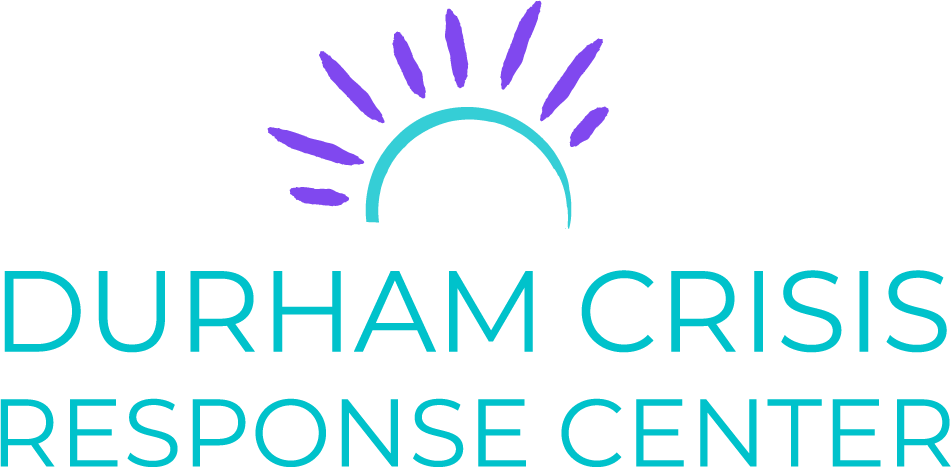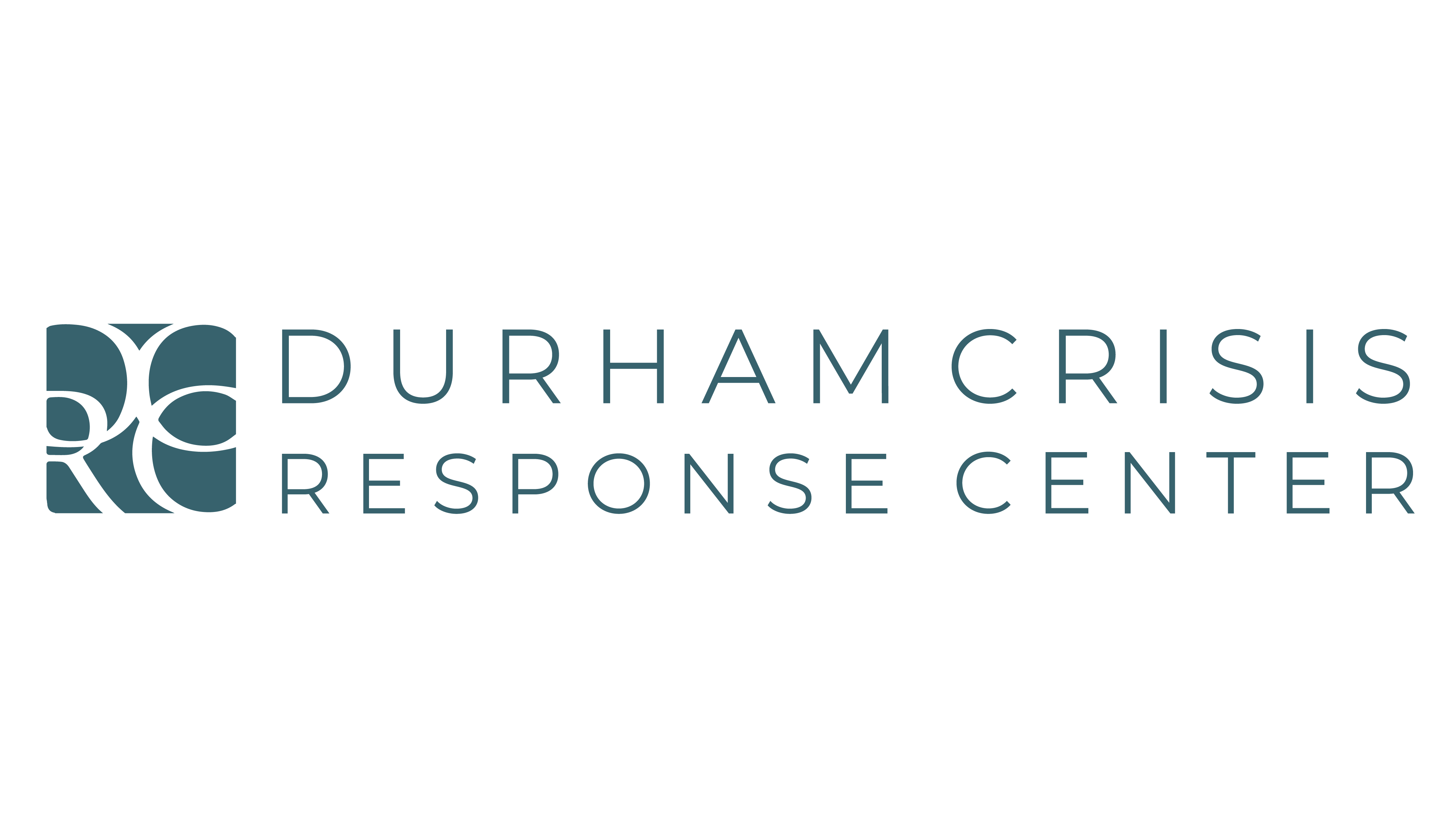Human Trafficking
DCRC offers survivor-centered services including shelter, counseling, and safety planning.
If you need help, we are here to help.
Human Trafficking
Human trafficking may appear as labor exploitation, rather than sexual exploitation.
Victims may be trafficked within their own communities.
A working definition of Human Trafficking, from the Trafficking Victims Protection Act of 2000 (TVPA), is as follows:
- “The recruitment, harboring, transportation, provision, or obtaining of a person for the purpose of a commercial sex or labor act where such an act is induced by force, fraud, or coercion OR in which the person induced to perform such act has not attained 18 years of age.”
Indicators of a person who may be trafficked:
- Cannot leave their work environment or cannot quit to find another job
- Do not have control over their wages, money, or finances
- Show signs of physical abuse or injury
- Are accompanied everywhere by someone who speaks for them or allows others to speak for them when addressed directly
- Appear to be fearful of or under the control of another person
- Owe money to an employer or another person whom they feel bound to repay
- Have health issues that have not been attended to
- Describe moving or changing jobs suddenly and often
- Are unfamiliar with the neighborhood where they live or work
- Are not working in the job originally promised to them
- Are traveling with minimal or inappropriate luggage/belongings
- Lack identification, passport or other travel documents or do not have control over their documentation
- Provide sexual services in a strip club, massage parlor, brothel or other locations and have a manager or pimp
- Are a laborer, domestic servant or caretaker but never leave the home or workplace
- Are unable to freely contact friends or family
- Are not allowed to socialize or attend religious services
- Have restricted freedom of movement
- Are a juvenile engaged in a commercial sex act
- Are threatened or afraid of being handed over to the authorities
- Are forced to work under certain conditions
- Work excessively long hours over long periods
Some reasons why a person may be reluctant to report or seek support is because:
- Do not know or understand that they are being exploited, or “trafficked”
- Are threatened that if they tell anyone, they or their families will be hurt
- Have complex relationships with their traffickers that involve deep levels of psychological conditioning based on fear or misplaced feelings of love
- Are unfamiliar with their surroundings and do not know whom to trust
- Do not know help exists, how to access it, or where to go for it
- Are unfamiliar with the laws, cultures, and languages of the destination location or country
- Fear retribution and forcible removal or deportation
- Fear law enforcement and other authorities
- Are addicted to drugs
- Are in debt to their traffickers
- Are sending much needed money back ‘home’ and worry about not being able to do this.
Understanding Sexual Violence
Sexual violence is any form of forced or coerced sexual activity, including, but not limited to: rape, incest, child sexual abuse, ritual abuse, stranger rape, date/acquaintance rape, partner/marital rape, sexual harassment inside and outside of the workplace, exposure, and voyeurism.
Sexual violence includes situations in which a person may be drunk, high, unconscious, or has a disability and cannot consent to sexual activity.
Sexual violence also includes coercion beyond agreed upon terms in sex work.
Sexual violence may occur on a date, between friends, partners, strangers, or clients.
Sexual violence happens to and are committed by people of all sexual orientations and gender identities.
Sexual violence is NEVER the fault of the survivors
For Survivors
For Service Providers
For Survivors
We operate through a team approach that provides crisis intervention, individual advocacy, and comprehensive case management for individuals impacted by sexual exploitation, sex trafficking, and labor trafficking.
Our trauma-informed advocates and case managers connect individuals to internal and external resources including food, shelter, clothing, safety planning, and mental health services.
Our program DOES NOT require law enforcement involvement, or confirmed status of trafficking. Individuals may be a risk of, suspected, or confirmed.
If you need help, we are here to help. Call our 24 hour confidential and free help line:
919-403-6562
For Service Providers
DCRC stands ready as a community partner to end Human Trafficking
- Our staff offer training for outreach efforts, and educational material for community agencies

